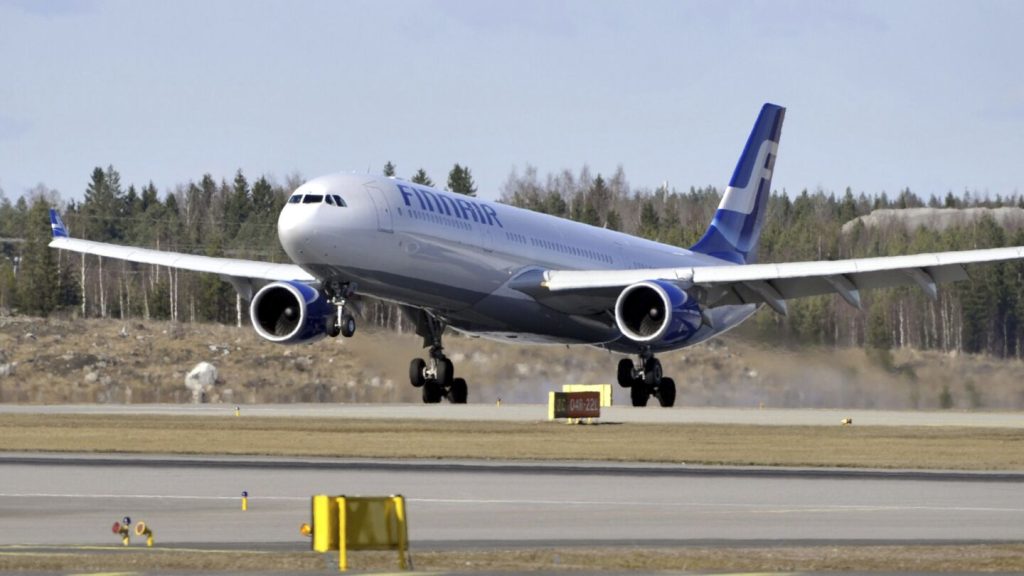The Finnish national carrier Finnair has announced the temporary suspension of flights to Estonia’s second-largest city, Tartu, for a month due to GPS disruptions that caused two of its planes to be unable to land. The disruptions forced the flights to return to Helsinki, and the cause of the interference is believed to be GPS jamming in the region, possibly orchestrated by Russia. Finnair is the only airline that operates flights to Tartu, and the airport currently relies on GPS signals for plane approaches. However, the airline plans to suspend daily flights from April 29 to May 31 in order to install an alternate navigation solution at the airport.
According to Finnair, GPS interference has been on the rise over the past two years, with pilots reporting disruptions near regions like Kaliningrad, the Black Sea, the Caspian Sea, and the Eastern Mediterranean. The airline’s director of operations, Jari Paajanen, mentioned that while GPS is typically used for airport approaches, there are other navigation systems that can be utilized when the GPS signal is not available. This means that safety concerns are minimal when GPS disruptions occur, as pilots are well-trained to rely on alternative systems in such situations.
Estonian Foreign Minister Margus Tsahkna raised concerns about the GPS jamming, stating that it poses a significant danger and could potentially lead to a crash. Tsahkna described the interference as a deliberate action, suggesting that it could be viewed as a form of hybrid attack. He emphasized the serious implications of such disruptions on daily lives and the safety of air travel, particularly in a region where tensions between neighboring countries like Russia and Estonia exist.
Finnair’s decision to suspend flights to Tartu highlights the seriousness of the GPS disruptions and the potential risks they pose to aviation safety. By taking action to install an alternate navigation solution at the airport, the airline aims to ensure the continued safety and efficiency of its flights to the region. The situation underscores the importance of addressing GPS interference and finding ways to mitigate its impact on air travel, especially in areas where geopolitical tensions may exacerbate such disruptions.
The incident in Tartu serves as a reminder of the broader challenges faced by airlines and aviation authorities in dealing with GPS disruptions caused by external factors. As technology continues to play a crucial role in modern air travel, ensuring the reliability and security of navigation systems is paramount. Collaboration between airlines, authorities, and technology experts will be essential in developing strategies to counter GPS interference and maintain the safety of flight operations, particularly in regions where such disruptions are more prevalent. The incident also raises questions about the potential motives behind GPS jamming and the need for international cooperation to address this issue effectively.


